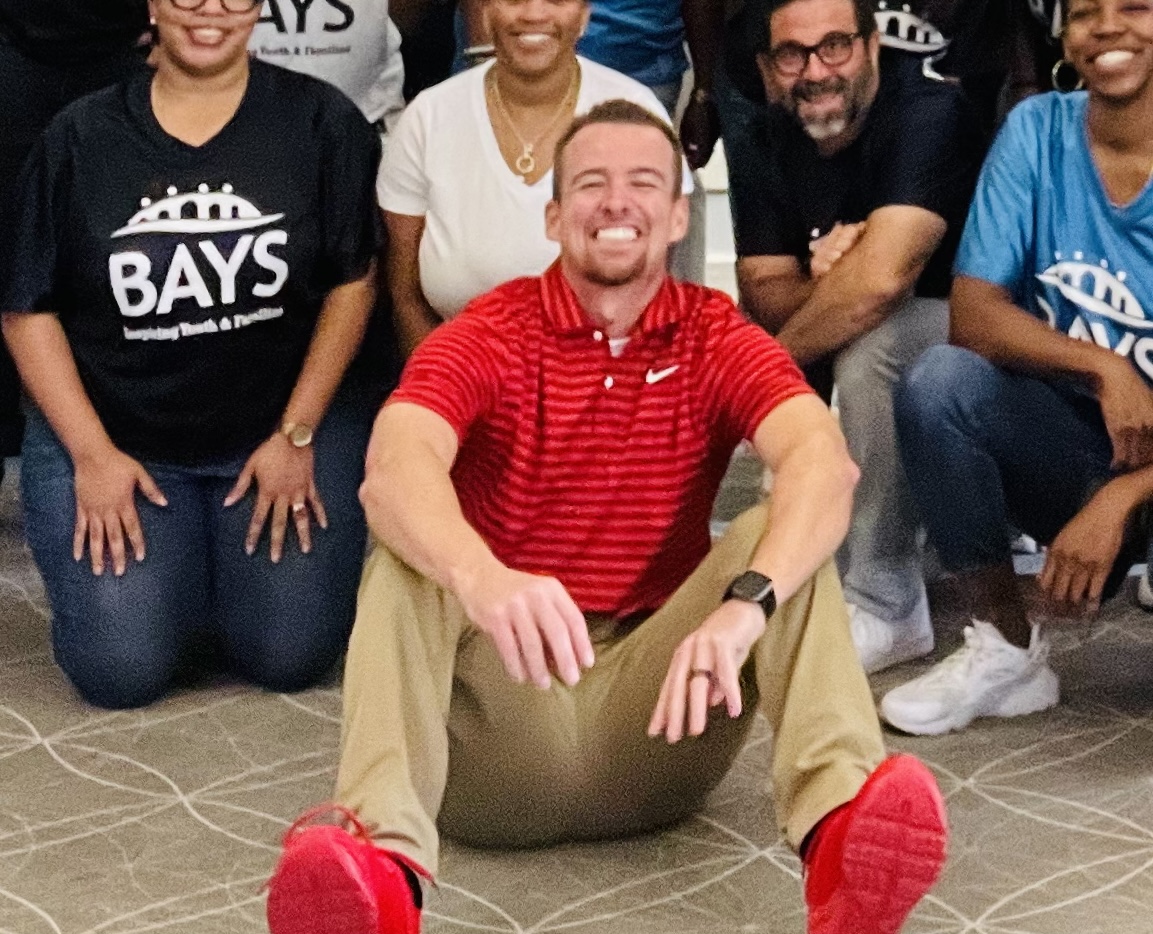Motivational Interviewing in the Workplace: Better Employee Engagement and Motivation is Possible
- Curtis Campogni

- Aug 1, 2023
- 5 min read
Updated: Aug 9, 2023
“Everybody is a genius. But if you judge a fish by its ability to climb a tree, it will live its whole life believing it is stupid." The question I have for you at this point of our journey together is, What is your genius?" – AE
Affirmations, empowerment, and open-ended questions! Perhaps Albert Einstein was the first person ever to use Motivational Interviewing!
Originated by William R. Miller and Stephen Rollnick, Motivational Interviewing (MI) is a collaborative conversational style that strengthens an individual's motivation and commitment to change. Initially developed to help substance abuse patients, MI has proven highly effective in various situations, including the workplace.
According to the book Motivational Interviewing - Helping People Change (3rd Edition), from 2002-2013, more than 25,000 articles have cited MI, with over 200 clinical trials demonstrating its effectiveness. Both numbers have grown substantially in the last 10 years, consistently proving MI's powerful effect on inspiring personal and professional change.
In my experiences as a program manager, area lead, and director, incorporating MI principles into your organizational culture creates a supportive atmosphere that encourages idea-sharing, psychological safety, and independent problem-solving. These positive consequences can be attributed to the power of evocation in the workplace.

One of the fundamental principles of MI in the workplace is the belief in the inherent strengths of team members. MI recognizes everyone has an innate desire and capability to change and grow. Yes, there are many examples of people who desire to stay the same, but at our core, there is no biological incentive to remain stagnant. We all want to strive for achievement and celebrate our successes.
Still, when I provide training, one or two people always verbalize a disdain for personal recognition. Interestingly, they tend to be the same attendees who actively participate in the discussions, search for validation of their viewpoints, and appreciate acknowledgment of their past experiences. I believe that recognition and celebration of achievement is something every staff wants, but without having to ask for it. I equate it to my wife wanting the trash taken to the curb without having to tell me to take it to the curb. 😁😁
A 2019 study from Columbia College discovered that the two most prominent factors that promote staff retention are helping employees create short and long-term goals and consistent commendations about their progress. This might consist of pay raises but could also be the celebration of anniversaries, birthdays, and performance milestones. In short, we want to achieve and celebrate our progress, growth, and success.
If you disregard everything, please absorb this one thing. If your team believes they are ineffective in their work, they will leave. Prioritize recognition of progress.
It is no secret that employers must empower employees to take charge of their development by acknowledging and respecting this inherent desire to grow. This builds a sense of ownership and autonomy, increasing engagement and motivation.
Every team member should feel they are the CEO of their job description. Yes, they have a framework to follow, but they also have the power to design a path toward success that matches their strengths, vision, and excitement for the mission. Another essential principle of MI is the focus on collaboration and a non-judgmental approach. Instead of imposing solutions or giving unsolicited advice, employers using MI engage in active listening, empathy, and reflection. This approach creates a safe space for employees to express their thoughts, concerns, and aspirations without fear of judgment. It fosters open communication and trust, which is essential for building solid relationships within the workplace.

Even if correct and well-intentioned, advice can be viewed as insensitive and judgmental when given at the wrong time. Unfortunately, we rarely consider the timing before giving advice.
When I was a recreation center director, we had three flag football referees call out on game day. In addition, the scoreboard stopped working, someone left the flags in the car, and it started to rain.
As I began to call other team members to cover shifts, my supervisor turned to me and said,
"Maybe you should start scheduling on-call staff so you are not scrambling at the last minute."
This was good advice, but the timing and tone were disheartening and frustrating. 😤
One of the primary components of MI in the workplace is creating a compassionate, non-judgmental atmosphere free of shame. How respected the person feels often dictates how they interpret their value to the organization. You will seek validation elsewhere if you don't feel valued where you are.
MI also emphasizes the importance of evoking and strengthening employees' motivation for change. Employers can achieve this by asking open-ended questions, encouraging reflection, and exploring workplace values and goals. By guiding employees to connect their work with their aspirations and core values, employers can help them find meaning and purpose in their work. This connection increases employee satisfaction and instills a sense of fulfillment.
Taking time to ask the right questions is critical to employee empowerment and engagement. The best way to modify your approach is to change your Dos and don'ts to Hows and whats.
Consider the following question:
"Don't you think we should pay more attention to our front-end customer service?"
The challenge with this style is that it implies that the problem and solution have already been identified. You are simply requesting agreement so you can move on to problem-solving. Some may argue that it isn't a question at all. In contrast, an MI approach would be as follows:
Leader: I'm interested in hearing your perspective on our areas of need.
Staff: Um... not sure. It's possible we could get better with customers.
Leader: That makes sense. If we don't have strong relationships with our customers, we can't have long-term success.
Staff: Exactly.
Leader: If we decided to improve customer relationships in your district, what would be the best strategy to get started?
Employing MI principles also means recognizing that change is a gradual and ongoing process. Notice that the leader isn't asking the team members to solve the issue but empowering them to consider a step towards the solution.
Employers should celebrate and acknowledge even the smallest steps employees take toward their goals. Positive reinforcement and constructive feedback are vital in facilitating progress and maintaining motivation. This approach helps employees see obstacles and setbacks as growth opportunities rather than failures.
Ultimately, Speak4MC was created because of MI. In my professional travels, there has yet to be a technique better equipped for building a team of independent thinkers willing to unite around a shared vision.
By incorporating Motivational Interviewing principles into the workplace culture, employers are investing in the well-being and development of their employees. Employees who feel supported and understood will likely remain committed, engaged, and motivated. Better yet, the positive effects of MI are not limited to individual employees but need to be extended to overall organizational productivity and success.
Thoughts?
Disclaimer
*Statements on this blog reflect the author's personal opinions and do not represent any other person, company, or organization. The purpose of this blog is general knowledge and to bring awareness to tools, techniques, people, and organizations that bring about positive change. The reader is strongly encouraged to perform independent research about the topics discussed.




Comments